New budget designed to woo voters?
Some experts have been critical of the 2008 budget draft, accusing it of having populist undertones.
Thursday, 15.11.2007.
15:22

Some experts have been critical of the 2008 budget draft, accusing it of having populist undertones. Meanwhile, Serbian economic policy creators say the draft adopted Monday and about to be sent to parliament has "social and development qualities." New budget designed to woo voters? But experts say the draft is aimed at pleasing voters ahead of upcoming elections, and carries with it the risk of increased inflation and difficulty in keeping the prices stable. Ekonomist Magazine analyst Misa Brkic told B92 earlier this week that the budget is sending out a signal to workers to ask for more money, at the same time not demanding their increased productivity. When a state adopts a social budget, such as this one, it means it's out to woo voters, he believes. "The government put together a budget not based on economic, transition, or EU integration parameters, but on politics, elections, social circumstances which the prime minister describes as 'difficult transition circumstances', where citizens need help," Brkic said. Inflation figure of six percent is planned for next year, as well as a budget deficit. Brkic believes that the government will wash its hands off worrying about inflation, delegating that to the National Bank of Serbia (NBS), as was the case this year. Brkic also reminded that although this year's projected inflation figure was to be at 6.5 percent, it will reach nine percent, the highest in Europe for 2007. National Bank of Serbia Governor Radovan Jelasic also commented on the budget this week when he said that its adoption would mean that the central bank will have to continue its restrictive monetary policy. This will in turn incur great cost as it withdraws the surplus money from the market, to secure a strong exchange rate of dinar and to introduce high mandatory bank reserve requirements. All these NBS' measures will have their price, but they will result in monetary security and the stability of prices, Jelasic said, commenting on the 2008 budget bill. As for the announced projection of the inflation rate of six percent for the next year, Jelasic pointed out that "the only thing in favor of this assessment" is that a restrictive monetary policy will be continued. Jelasic said that it is possible to realize a six percent inflation rate, a GDP increase of six percent and at the same time conduct a restrictive monetary policy. IMF's resident representative to Serbia Harald Hirschhofer meanwhile warned that the country must speed up privatization and reforms in order to utilize a great potential for growth. The Privatization Agency is doing a good job, but the government still has no clear attitude toward privatization of large public enterprises, Hirschhofer said while presenting a publication entitled, Regional Economic Growth Outlook in Europe, at the National Bank of Serbia (NBS). Necessary structural reforms include two components, sale of companies undergoing bankruptcy procedures and liberalization of the market, in order to provide equal access to market to all and fair competition. "If this comes to pass, we believe Serbia can except a very high rate of growth," he said. According to the publication, economic growth will slow down in 2008 to five from six percent this year. Hirschhofer did not wish to comment on the draft budget adopted by the Serbian government as he has not yet had access to it, but he noted IMF experts recommended a surplus budget to counter a large current payment deficit.
New budget designed to woo voters?
But experts say the draft is aimed at pleasing voters ahead of upcoming elections, and carries with it the risk of increased inflation and difficulty in keeping the prices stable.Ekonomist Magazine analyst Miša Brkić told B92 earlier this week that the budget is sending out a signal to workers to ask for more money, at the same time not demanding their increased productivity.
When a state adopts a social budget, such as this one, it means it's out to woo voters, he believes.
"The government put together a budget not based on economic, transition, or EU integration parameters, but on politics, elections, social circumstances which the prime minister describes as 'difficult transition circumstances', where citizens need help," Brkić said.
Inflation figure of six percent is planned for next year, as well as a budget deficit. Brkić believes that the government will wash its hands off worrying about inflation, delegating that to the National Bank of Serbia (NBS), as was the case this year.
Brkić also reminded that although this year's projected inflation figure was to be at 6.5 percent, it will reach nine percent, the highest in Europe for 2007.
National Bank of Serbia Governor Radovan Jelašić also commented on the budget this week when he said that its adoption would mean that the central bank will have to continue its restrictive monetary policy.
This will in turn incur great cost as it withdraws the surplus money from the market, to secure a strong exchange rate of dinar and to introduce high mandatory bank reserve requirements.
All these NBS' measures will have their price, but they will result in monetary security and the stability of prices, Jelašić said, commenting on the 2008 budget bill.
As for the announced projection of the inflation rate of six percent for the next year, Jelašić pointed out that "the only thing in favor of this assessment" is that a restrictive monetary policy will be continued.
Jelašić said that it is possible to realize a six percent inflation rate, a GDP increase of six percent and at the same time conduct a restrictive monetary policy.
IMF's resident representative to Serbia Harald Hirschhofer meanwhile warned that the country must speed up privatization and reforms in order to utilize a great potential for growth.
The Privatization Agency is doing a good job, but the government still has no clear attitude toward privatization of large public enterprises, Hirschhofer said while presenting a publication entitled, Regional Economic Growth Outlook in Europe, at the National Bank of Serbia (NBS).
Necessary structural reforms include two components, sale of companies undergoing bankruptcy procedures and liberalization of the market, in order to provide equal access to market to all and fair competition.
"If this comes to pass, we believe Serbia can except a very high rate of growth," he said. According to the publication, economic growth will slow down in 2008 to five from six percent this year.
Hirschhofer did not wish to comment on the draft budget adopted by the Serbian government as he has not yet had access to it, but he noted IMF experts recommended a surplus budget to counter a large current payment deficit.





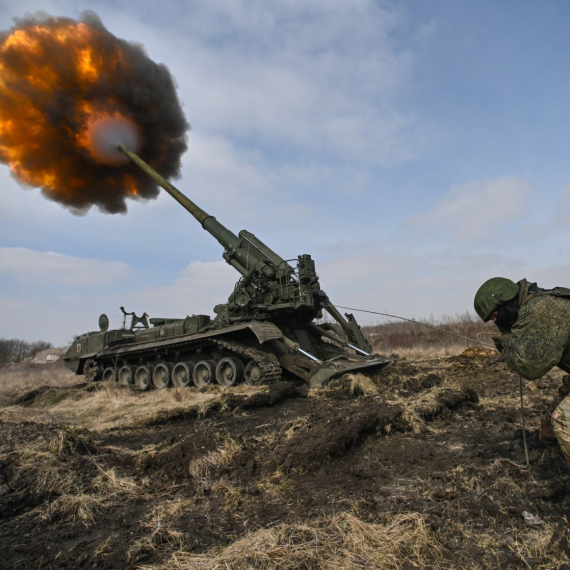










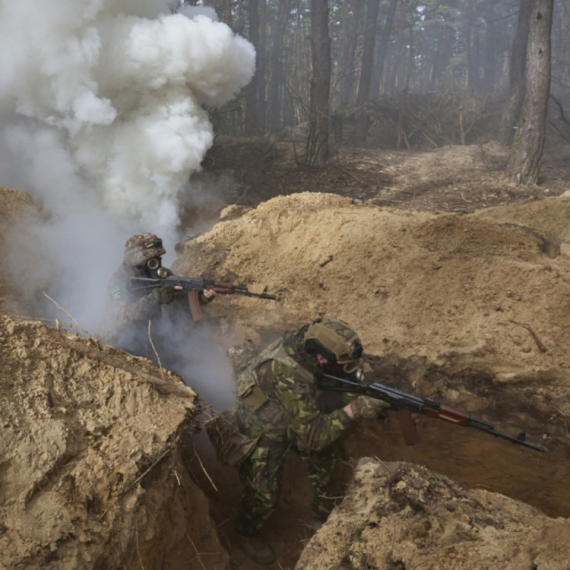
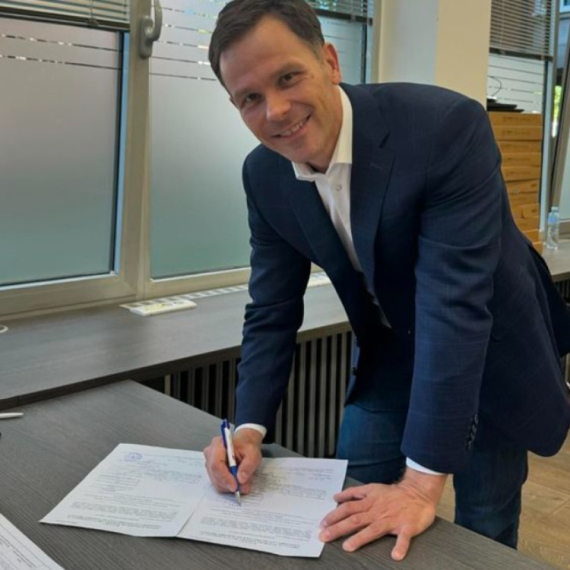


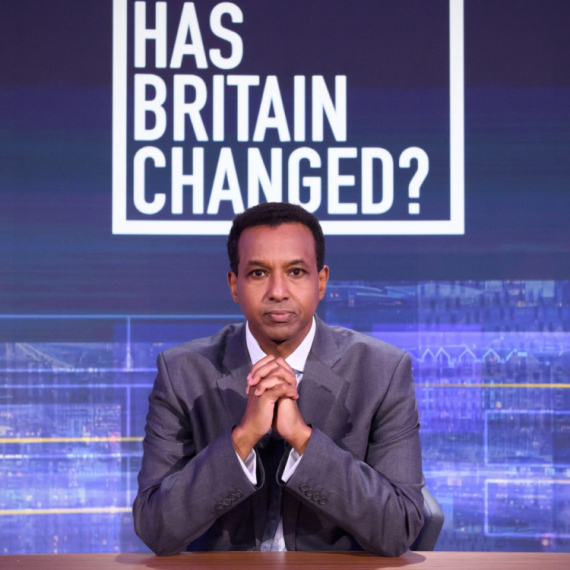
































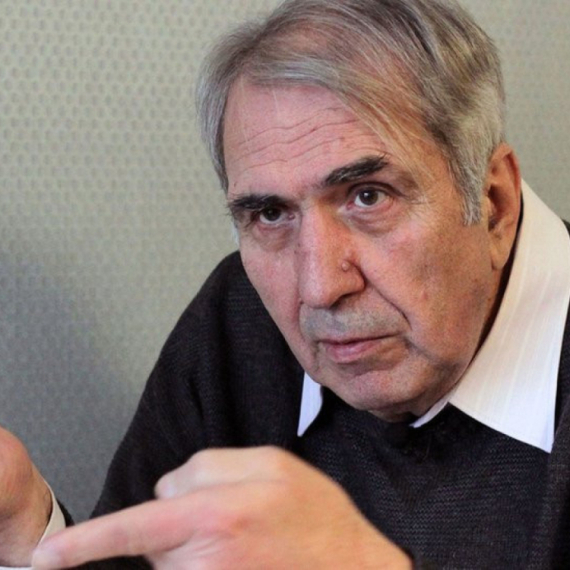
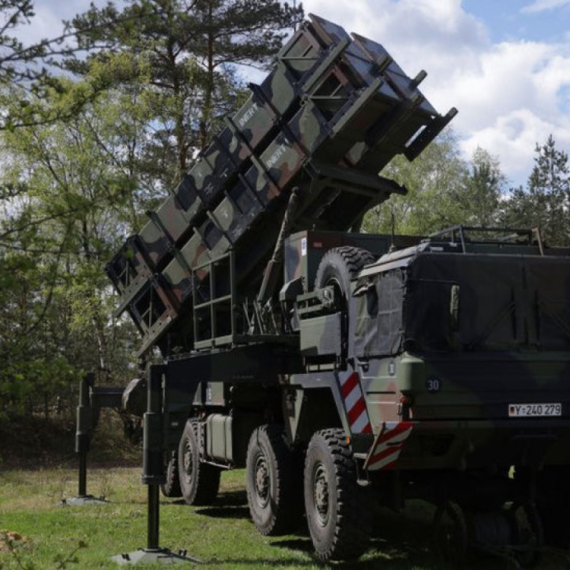




Komentari 0